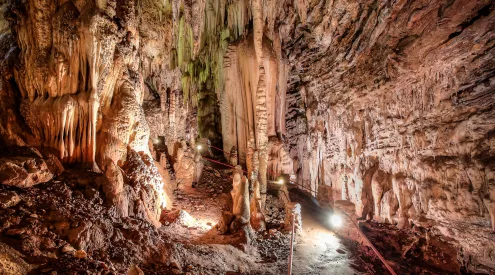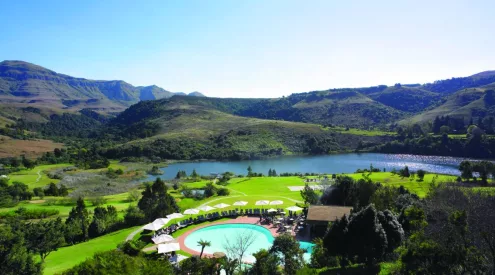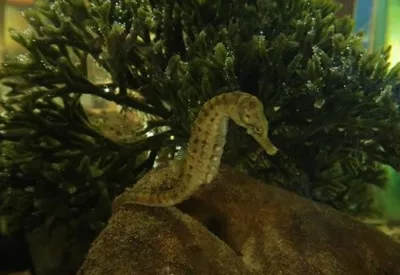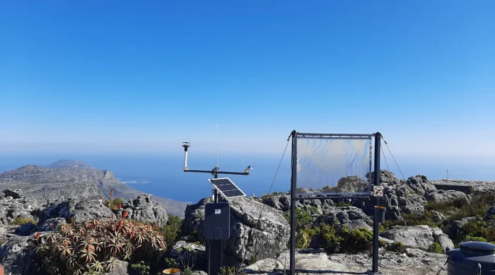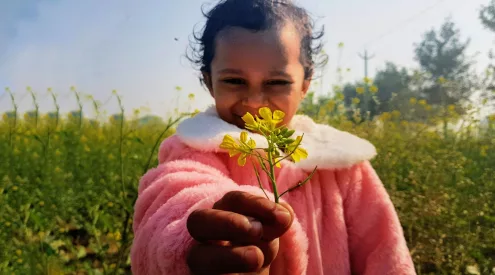Marine biologist and taxonomist Verena Ras from the University of the Western Cape (UWC) has discovered a new species of jellyfish endemic in the Agulhas current system. The jellyfish falls under the Chrysaora species, according to UWC.
In a statement, Ras said: ‘Historically, two species of Chrysaora jellyfish are known from the Benguela Current Ecosystem: C.fulgida and C. africana. However, a third morphotype is now seen which bears a resemblance to both. And now, using a comprehensive collaborative approach analysing statistical and molecular data, we’ve officially discovered a new species of jellyfish in South African waters: Chrysaora agulhensis.’
Approximately 31 specimens were collected in False Bay and is distinguishable by certain factors. The number and shape of tentacles, colour patters and the ‘form of oral arms’ are what differentiate this species from the other two.
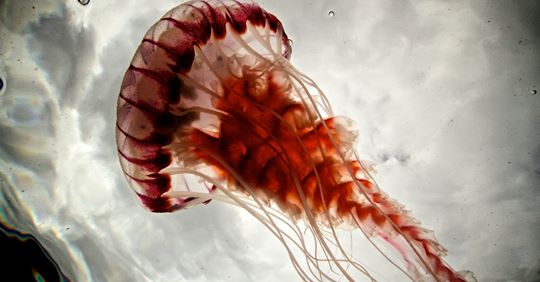
Chrysaora agulhensis.
Ras is in the process of completing a PhD in Marine Genetics at UWC and has been working on jellyfish for eight years. Her PhD looks at the identities and population biology of West African jellyfish. She began working in this field as an honours student and continued into it as part of her Masters at UWC in the Biodiversity and Conservation Biology Department.
Her first published study is titled There are three species of Chrysaora (Scyphozoa: Discomedusae) in the Benguela upwelling ecosystem, not two.
‘Data for African jellyfish species – or species found along the West and East African coastlines, rather – is relatively non-existent. The main purposes of my work among the broader research conducted within our group is to begin to ‘fill this gap’ by providing updated descriptions of African species, as well as barcoding their DNA and investigating their population biology and ecology,’ said Ras.
Ras has been working under the mentorship of UWC’s Professor Mark Gibbons.
‘We’re a wonderfully multifaceted team, all with our own areas of expertise ranging from molecular biology to oceanography,’ Ras explains, ‘so nothing ever becomes monotonous, and there’s always something new to learn or investigate.’
‘In my short time involved in this research I’ve been trained in conservation techniques, marine biology, histology, genetics, molecular biology, microscopy and biostatistics, to name a few,’ she says.
‘This keeps the work interesting, and allows me to transfer skills to many other domains. I’m now drawing on skills in GIS (geographical information systems) and programming to answer some of our current questions.’
‘One thing I’ve learned, clichéd as it may be, is that you should always just keep going. When things fall apart, when you hit bumps in the road, when you fail over and over again, you just keep going. Eventually that will lead you to where you need to be.’
Image credit: Peter Southwood




